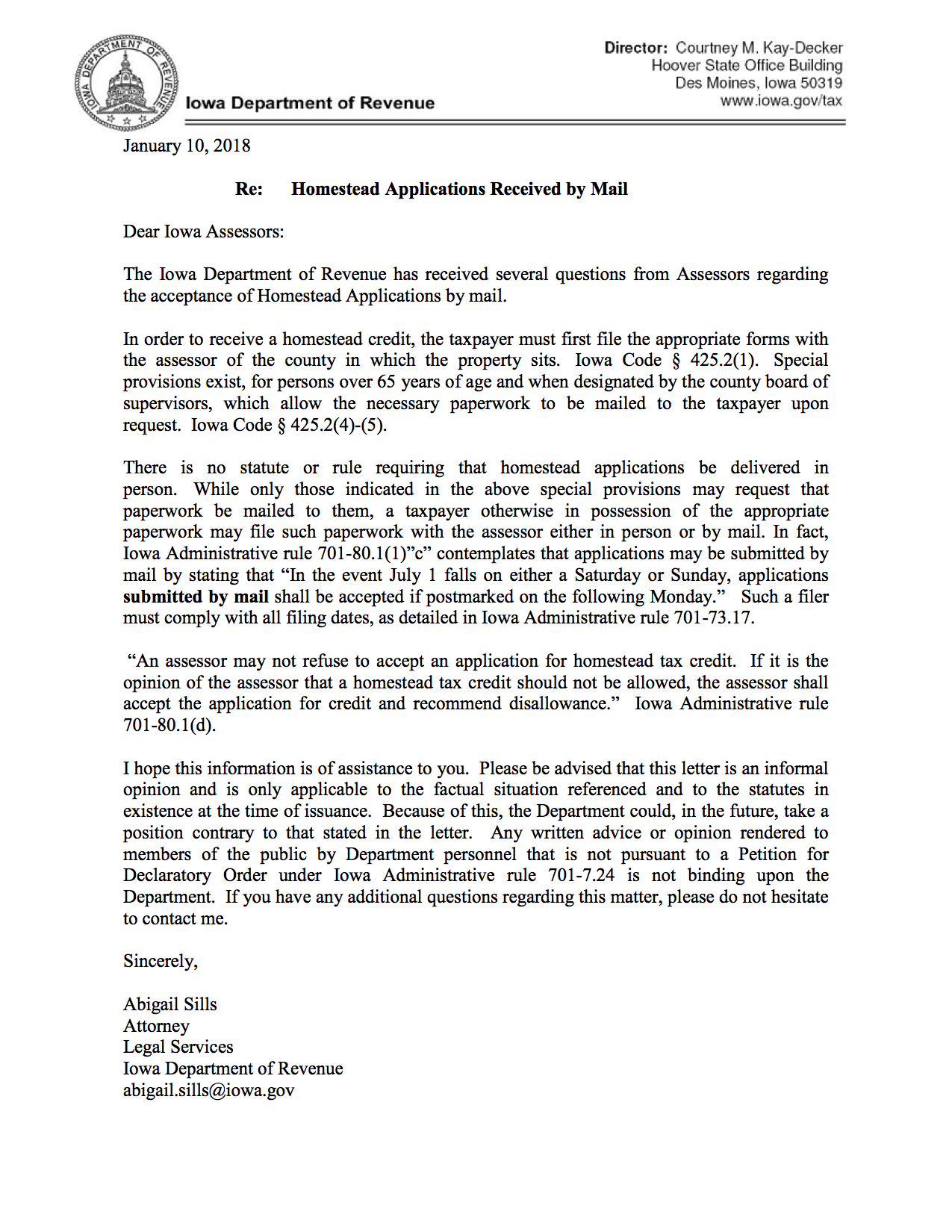While scarfing down a quick hot lunch on a ridiculously cold Iowa day (below zero at the time of writing), I came across the following article on CNN.com: http://money.cnn.com/2017/12/26/pf/prepay-property-tax/index.html.
It appears that in high-dollar property tax states, homeowners are lining up to prepay their property taxes by year end in order to avoid the $10,000 deduction cap recently adopted pursuant to The Tax Cuts and Jobs Act, now efficiently renamed to comport with parliamentary procedure as the "To provide for reconciliation pursuant to titles II and V of the concurrent resolution on the budget for fiscal year 2018" Act (it’d be hard to make this stuff up).
While prepayment may seem attractive, and assuming you have thousands of dollars laying around after the holiday buying season, take a few moments to consider whether this action will yield result you desire. For instance:
1. Is this really the most effective use of your dollars, even assuming you’ll realize the deduction? Might that money be more effectively utilized in some other higher-yielding investment with a more certain return?
2. Will your county allow for prepayment? And if not, will you be able to effectively petition for a county policy revision in time to realize the gain?
3. What will the IRS have to say about this action? I’m betting a lot. Bear in mind that the IRS has not weighed in with guidelines and regulations governing implementation of the bill. Will a payment made in 2017 for taxes upon the homestead applicable for the fiscal year 2018 be deductible irrespective of when made? If you’re in a state like Iowa where property taxes are paid “in arrears,” what will be the effect of that retroactive annual taxation? Will it bode more favorably (i.e. a 2nd half property tax installment payment due in March of 2018 is actually applied to taxes imposed upon the property for the period of January through June of 2017)? Will that cap be imposed upon 1st half property tax payments due in September of 2018 for the tax period of July through December of 2017? Those are really big “if’s”. Be aware that most, if not all counties, will decline to estimate taxes and/or accept tax payments that are not yet “certified”.
4. If you do take the plunge, you’ll want to be doubly sure that your payment will be effective in the current fiscal year. Each county in Iowa, for instance, has some discretion as to how they accept payment, and as to how they credit payment. So, as the article astutely points out, you’ll want to ensure you get the check there appropriately.
5. Do you itemize your deductions? If not, then you won’t be able to deduct state and local taxes anyway. There are also some considerations to be made for those subject to the Alternative Minimum Tax. Have you spoken with your CPA? It would be wise.
6. Do you have an escrow account as a condition of your mortgage? Have you contacted your lender about your prepayment plans? Lenders, under federally-backed mortgage loans, have strict rules for handling escrow funds and for dealing with excess taxes and insurance (an excess being created by your prepayment). Furthermore, you’ll want to ensure that the rate of tax collection for purposes of escrow in 2018 is adjusted for the prepayment. Overpaying into escrow is likely not a wise strategy.
According to SmartAsset.com, the State of Iowa has an average effective property tax rate of 1.44%, ranking it as the 14th highest rate in the country. So, if Zillo is correct, and the median home listing value in Iowa stands at $169,000, that amounts to a tax bill of about $2,500 - well below the $10,000 federal cap. Perhaps it’s much ado about nothing (unless of course, your house is worth in excess of $700,000). So if you have money to burn, tread lightly, and if you don’t, it may not be best to tread at all.
**Please keep in mind that I am not YOUR attorney, and that the above is not intended as legal advice for your individual circumstances. Seek out a qualified attorney and accountant or CPA for proper advice on the foregoing.



